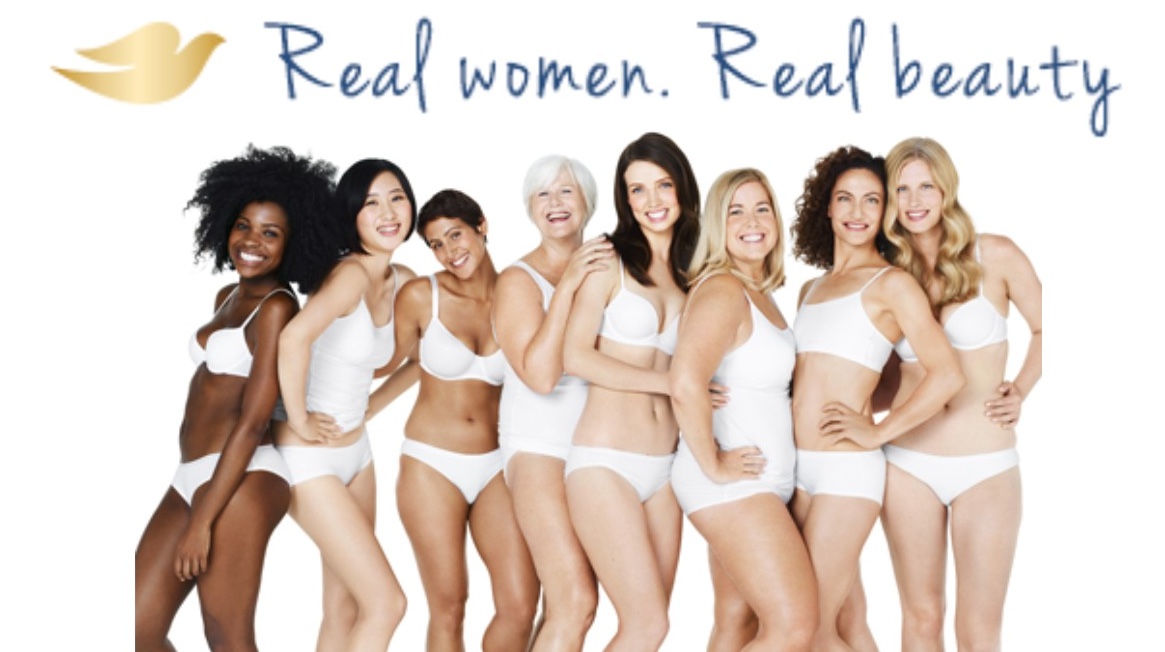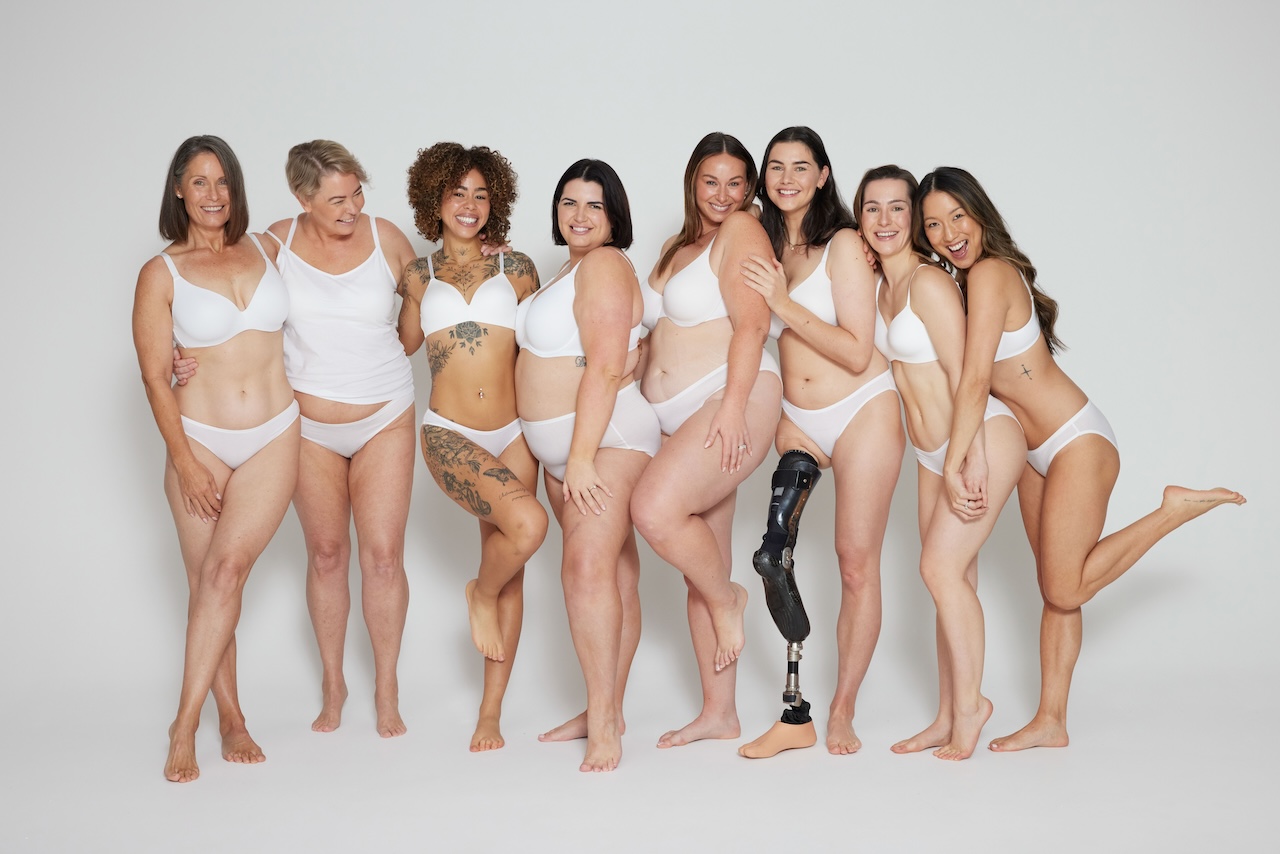Dove marks 20 years of its iconic ‘Campaign for Real Beauty’ with new campaign ‘The Code’
20 years ago Dove took pioneering steps to showcase real beauty with its Campaign for Real Beauty. In 2004, it revealed a startling truth; only 2% of women considered themselves beautiful. Since then, the Campaign for Real Beauty has challenged society, media and the beauty industry itself to change its representation of women, be transparent about digital distortion and face-up to the harmful impact unrealistic beauty standards have on women and girls.
To mark 20 years of the Campaign for Real Beauty, Dove conducted a sweeping study of beauty around the world to understand how beauty impacts women and girls today. While there has been some positive change, the Australian state of beauty in 2024 isn’t pretty. As a result Dove has launched its new campaign, The Code, to reflect the impact of AI on beauty and demonstrate the impact real beauty has made to change beauty for the better, 20 years and counting.
According to the 2024 edition of “The Real State of Beauty: A Global Report,” commissioned by Dove, a staggering 44% of Australian women express a willingness to sacrifice a year of their lives to attain societal beauty ideals, exceeding the global average of 38%.
The study highlights an alarming trend where the checklist of beauty standards becomes increasingly unattainable, with statistics revealing that 80% of Australian women and 78% of Australian girls feel pressured to maintain a healthy appearance. Moreover, 75% of women and 67% of girls are under pressure to maintain a slim figure, while 68% of women and 61% of girls feel the burden of having a small waist. Adding to these figures, 2 out of 3 Australian women believe that contemporary expectations for physical attractiveness surpass those of previous generations.
One of the biggest threats to the representation of real beauty is Artificial Intelligence. Today, more than 4 in 5 Aussie women say they have been exposed to harmful beauty content online.
With 90% of online content predicted to be AI-generated by 2025, the data shows the rise of AI is a threat to women’s wellbeing. 1 in 2 Aussie women feel pressured to alter their appearance based on online images, despite knowing they are often fake or AI-generated. Additionally, a significant majority recognize the prevalence of digitally altered images in the media, with 74% of Australian women and 68% of Australian girls acknowledging this reality.

(Pictured above: Dove’s 2004 Campaign for Real Beauty)

(Pictured: Dove’s 2024 Campaign for Real Beauty)
Says Chelsea Bonner, CEO, Bella Management, who is working in partnership with Dove: “As someone who has fought to redefine beauty standards, I’ve seen the harmful effects of unrealistic beauty ideals. AI-generated content only worsens this issue, bombarding us with unattainable images. Dove’s commitment to real beauty, refusing to use AI generated imitation humans in advertising and promoting transparency with the Real Beauty Prompt Guidelines are critical steps in protecting and celebrating authentic beauty.”
Dr. Phillippa Diedrichs, research psychologist at the Centre of Appearance Research at the University of West England and body image expert, says that while AI has the potential to foster creativity and access to beauty, there is still a need for greater representation and transparency. In Australia, 1 in 4 women and 2 in 5 girls find creating different versions of themselves using AI empowering, yet almost half of women (45%) and over half of girls (54%) believe it can negatively impact their self-image. Without these improvements, AI risks perpetuating narrow and unrealistic beauty standards.
Adds Diedrichs: “Despite 20 years of work to broaden definitions of beauty, women feel less confident in their own beauty than they did a decade ago.Representation is more important than ever. As AI technology continues to evolve, it is becoming increasingly difficult to distinguish between what is real beauty and what is manufactured by AI.”
In its 20th year of Real Beauty/in response to the data, Dove has pledged to accelerate its efforts to champion transparency and diversity and take action to shatter beauty stereotypes in new and emerging media. As part of this, Dove is announcing its commitment to never using AI to represent real women in its ads.
To help set new digital standards of representation in Australia, Dove has created its Real Beauty Prompt Guidelines – easy-to-use guidance for everyone on how to create images that are representative of Real Beauty on the most popular generative AI programs.
Says Tess Giordimaina, marketing manager for Dove at Unilever: “Dove has always stood for real beauty, and our commitment to never using AI in our ads underscores our dedication to authenticity. By introducing the Real Beauty Prompt Guidelines, we aim to foster a more inclusive and transparent approach to beauty in the digital age. It’s our mission to uplift women and girls everywhere and ensure they see their true selves reflected in the media.”

1 Comment
Clients take note of what a great platform looks like